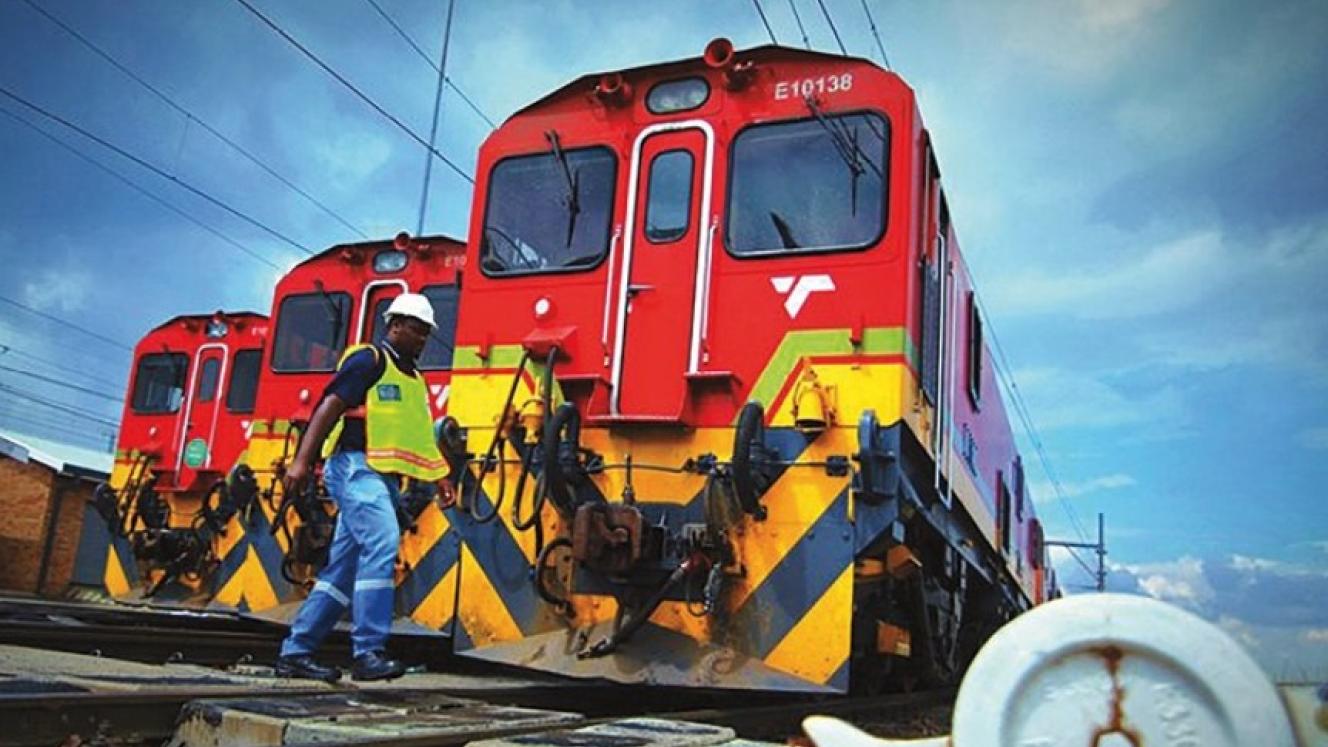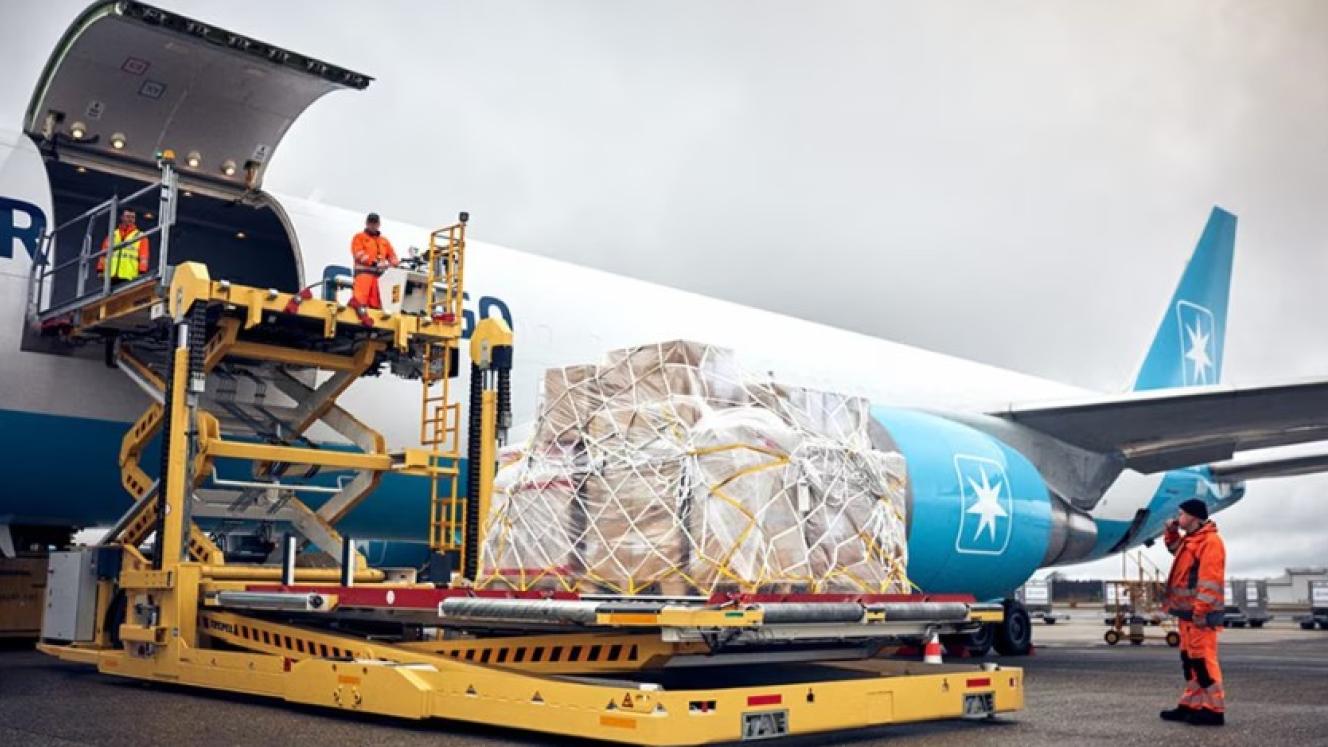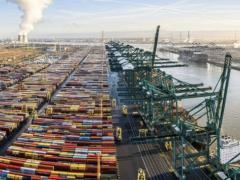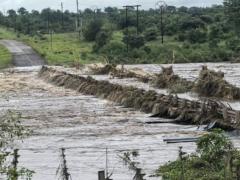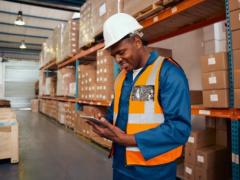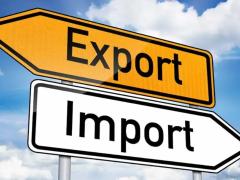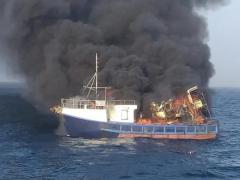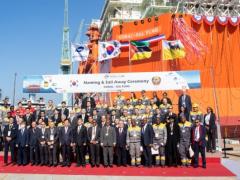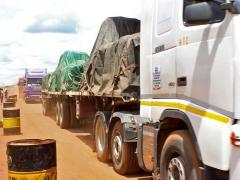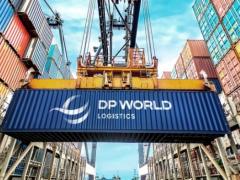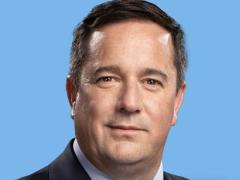The efficacy of accurate technical assessments by independent consultants will hold the key to expedite the open-access rail freight corridor process in South Africa, logistics expert Dr Juanita Maree has said in an exclusive interview with Freight News.
The CEO of the South African Association of Freight Forwarders said this was especially relevant for the National Corridor (NatCor) line between Gauteng and the Port of Durban.
Depending on the likely fast-tracking of assessing the most impacted sections of the country’s rail network, third-party involvement could be actively rolled out within months.
“This is especially the case in respect of the NatCor Line. On the iron ore line (from manganese mining in the Southern Kalahari to the Port of Saldanha) independent technical assessment will most likely be quicker, but what we’re seeing now is encouraging.”
So far, 11 private operators out of 24 applicants have been allocated slots across 41 routes on six corridors:
- North Corridor (six entrants, 15 routes for coal and chrome)
- Iron Ore Corridor (one entrant, one route for iron ore)
- Cape Corridor (two entrants, two routes for manganese)
- Northeast Corridor (six entrants, 16 routes for coal, chrome, magnetite, fuel and containers)
- Central Corridor (one entrant, two routes for coal, containers, and manganese)
- Container Corridor (four entrants, five routes for containers, coal and sugar).
The next part of the process, said Maree, was to make sure the “building blocks” are properly implemented.
“We need a successful transition from public to private operationality. We must remember that we run passenger trains on many of these lines, so aspects such as signalling and scheduling must be top notch to ensure all technical capabilities are met.
Q: Will too much oversight not slow down rail-slot involvement?
A: We simply can’t afford to cut corners here. Private-sector operations on a public-sector rail network requires a cohesive approach that is properly and comprehensively executed. The last thing we want are derailments or accidents. Too much good faith has been invested to get the country’s open network rail project off the ground. We want to make sure this is a very successful partnership between the public and the private sector. Ultimately what we’re trying to is bring back capacity to an under-utilised rail freight network.
Q: What about the securitisation of the network? Infrastructural challenges on our rail freight corridors are well documented, particularly in respect of crime.
A: Security is a big issue and requires a holistic approach. It means getting involved with communities near the various lines, especially the NatCor Line, and the fast and effective prosecution of individuals vandalising infrastructure.
Q: Surely if the infrastructure remains the property of Transnet, as Minister of Transport Barbara Creecy has pointed out, it is the state-owned entity’s (SOE) responsibility to safeguard its property.
A: I don’t agree with that. Just because companies like Grindrod and MSC will have access to the rail network, doesn’t necessarily mean they don’t shoulder some of the responsibility in securing assets. Safeguarding the network is not the sole responsibility of Transnet, but ultimately it comes down to what is contractually agreed on.
Q: What do you think will guarantee that the open-access rail-slot project remains on track?
A: Getting the best minds involved, on the public and the private side. We need the right people from the right organisations to add expertise to implementation. Minister Creecy, for one, is leading by example. She’s got a vision and plan for the country’s logistics network, and I think we should applaud her for what has been accomplished so far. Second to that but not necessarily secondary in terms of importance, is accountability. I think it’s safe to say that we can expect challenges along the way, but it all boils down to addressing issues as adequately and as soon as possible.
Q: Third-party access to the rail freight network is a major milestone for the country. But how sure are you that it’s what we need?
A: I have no doubt that we’re on the right track to fix South Africa’s logistics network, and I’m sure that, at some point, despite all the challenges, we’ll look back and see success. When you’re in the rapids you don’t know if you’re going to make it, but you can’t turn around. I’m convinced that there comes a time when we’ll all celebrate what we’re working on at the moment. SA Inc needs this!
- This is the final instalment of an interview with Dr Maree. The first part was posted on September 3.
